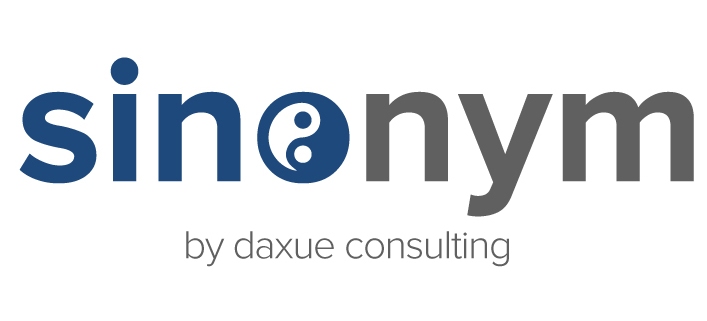All I can think is that Steve Ballmer had a Bing fetish? Or maybe they’d spent gazillions on the domain name? Or Microsoft had not a single Chinese speaker within three degrees of separation from the board room?
Yes, the leading paragraph is all uptalk, which I don’t generally do.
The point of the diffident uptalk is that we can only guess as to why Microsoft chose Bing as its worldwide internet search brand. Within those guesses, though, there’s one safe conclusion: before the Bing decision was made, no native Chinese speakers were consulted.
This conclusion rests on the hard fact that a strong plurality of native Chinese speakers, if asked to look at “bing” and give their kneejerk reaction, will say, “Uh, disease.” There you have it. Microsoft’s global internet search brand, it’s great hope for a more relevant future, reminds somewhere around a tenth of the world’s population of the word 病 (bìng) — disease.
If the story stopped there, it would just be an open-and-shut case of a dolt name — a name so bad that you have to retire it and look for something new. Diseased search? You might as well sell your intellectual property to Girly Baidu, who at least knows how to get some mileage out of a bad name.
But Microsoft, somewhere along the way, discovered the “bing doesn’t work in China” limitation, and decided to see if they could teach this dolt some new tricks. They would keep “bing” as the global URL, but look for creativity within that constraint.
And, voila! They really have done it. Typing in bing.com in China resolves to cn.bing.com and presents the following search area:

The Chinese name chosen to represent “bing” is two syllables, 必应, written in Pinyin as Bìyìng. No longer the monosyllable of bìng-disease, it sounds more like “being” in English.
Bìyìng is a fragment of a traditional idiom or set phrase, 有求必应 yǒuqiúbìyìng, which means “grant whatever is asked.” It’s a lovely name for a search engine. And when presented in only Chinese characters for the interface, with no mention of “bing” except in the address bar, most Chinese are happy enough to let the potential “disease” reference slip from their minds and focus on getting what they’ve asked for.
Moral: if you’ve got naming constraints, because of brand prerogatives or executive fiat or what-have-you, there’s still hope. As long as you are aware of the potential problem there can be a way around it. Being Microsoft ain’t easy, but it’s better than a disease.
References :
http://daxueconsulting.com/digital-strategy/
http://www.theguardian.com/technology/2014/feb/11/bing-censors-chinese-language-search-results
